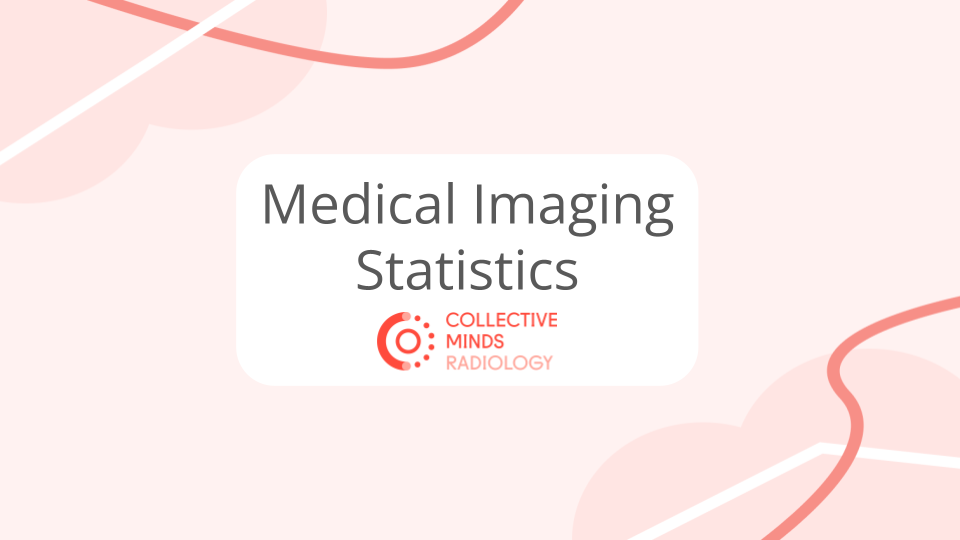Medical Imaging Market: Global Size, Growth, and Future Projections to 2032

The global medical imaging market size stands at $40.33 billion in 2023 and is projected to reach $70.19 billion by 2032, growing at a compound annual growth rate (CAGR) of 6.4%. This expansion is primarily driven by increasing chronic disease prevalence, technological advancements in diagnostic imaging, and rising demand for early diagnosis solutions.
Medical Imaging Market Overview and Growth Drivers
The medical imaging industry is experiencing significant transformation, fueled by technological innovation and increasing healthcare demands. According to Fortune Business Insights, the market is witnessing substantial growth due to several key factors:
- Rising geriatric population worldwide
- Increasing prevalence of chronic diseases
- Technological advancements in imaging modalities
- Growing demand for early disease detection
- Integration of artificial intelligence in imaging solutions
Also Read: Medical Imaging Research: 2024 Breakthroughs in AI and Advanced Technologies
Medical Imaging Market Segmentation
By Technology
The medical imaging market is segmented into various imaging technologies:
- Magnetic Resonance Imaging (MRI)
- Computed Tomography (CT) Scanners
- X-ray Systems
- Ultrasound Devices
- Nuclear Imaging Systems
By End User
Healthcare facilities across different sectors utilize medical imaging equipment:
- Hospitals
- Diagnostic Imaging Centers
- Specialty Clinics
- Research Institutions
Also Read: DICOM Modalities: A Comprehensive Guide to Medical Imaging Technologies
Regional Analysis
North America leads the global medical imaging market, contributing approximately 37% of the total revenue share in 2023, according to Precedence Research. This leadership position is attributed to advanced healthcare infrastructure and high adoption of new technologies.
"The U.S. imaging services market size reached USD 133.76 billion in 2022 and is expected to hit around USD 216.84 billion by 2032," according to Precedence Research.
Technological Advancements and Future Trends
AI Integration
The integration of artificial intelligence is revolutionizing medical imaging. The AI in medical imaging sector is experiencing rapid growth, with significant investments in research and development to enhance diagnostic accuracy and efficiency.
Cloud-Based Solutions
Healthcare providers are increasingly adopting cloud-based imaging solutions for:
- Improved accessibility
- Enhanced data storage
- Better collaboration capabilities
- Cost-effective scalability
Competitive Landscape
The market features several key players:
- GE Healthcare
- Siemens Healthineers
- Koninklijke Philips N.V.
- Canon Medical Systems Corporation
These companies focus on innovation and strategic partnerships to maintain their market positions.
Summary
The medical imaging market continues to expand rapidly, driven by technological innovation and increasing healthcare needs. With a projected value of $70.19 billion by 2032, the industry presents significant opportunities for stakeholders across the healthcare sector. The integration of AI, cloud solutions, and advanced imaging technologies will shape the future of medical diagnostics and patient care.
FAQ
What is the current size of the global medical imaging market?
The global medical imaging market is valued at $40.33 billion as of 2023.
What is the projected growth rate of the medical imaging market?
The market is expected to grow at a CAGR of 6.4% from 2023 to 2032.
Which region leads the medical imaging market?
North America leads the market with a 37% revenue share as of 2023.
What is driving the growth of the medical imaging market?
Key drivers include technological advancements, increasing chronic disease prevalence, aging population, and growing demand for early diagnosis solutions.
Reviewed by: Mathias Engström on January 24, 2025


